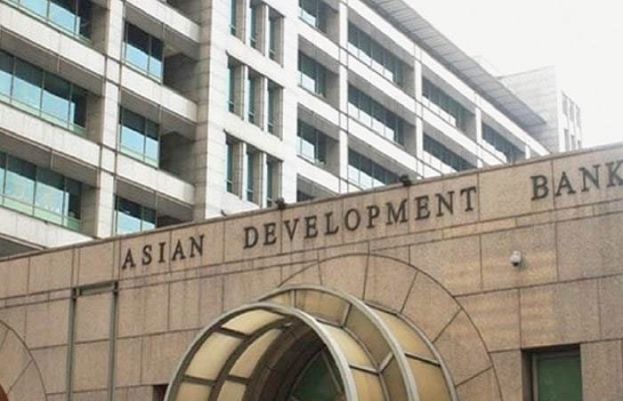
The publication shared a couple of examples of bad governance in implementing the donor-funded projects in the country for which the hard-earned precious foreign exchange reserves of approximately $100 million were paid by different governments coming into power since 2006.
“The ADB imposed 0.15% amount as commitment charges on signed projects if the executing agencies failed to deliver on implementation of projects within the stipulated time-frame and signed loan amount was not disbursed,” top official sources confirmed.
Another top official said that there was a need to differentiate between legitimate and illegitimate commitment charges. If the implementation of the project got delayed, then the executing agencies could be held responsible for paying the heavy amount in the shape of commitment charges.
Jamshoro Power project
The official sources cited some examples of bad governance, stating that the ADB had approved around $900 million for the Jamshoro Power project to generate 660MW of electricity through supercritical coal fire technology in 2014. It was expected that the project would be completed in five years by 2019. Through the savings, the project cost was reduced from $900 million to around $660 million. However, this ADB-funded project could not be accomplished till right when the year 2021 is nearing end. So far, the ADB has disbursed less than 50% amount ranging around $313 million, so Islamabad is forced to pay the penalty as commitment charges.
Smart meter project
Another classic example is the smart metering project funded by the ADB as Manila-based lender approved this project in 2015-16 but it could not be started till recently.
According to official working related to payment of commitment charges paid out to the ADB, Pakistan paid $8.5 million in the year 2006 on account of sovereign and non-sovereign loans penalty, $8.4 million in 2007, $8 million in 2008, $9.4 million in 2009, $9 million in 2010, $7.6 million in 2011, $6.3 million in 2012, $4.2 million in 2013, $3.4 million in 2014, $5 million in 2015, $4.4 million in 2016, $5.3 million in 2017, $5.5 million in 2018, $5.8 million in 2019, $5 million in 2020 and $2.3 million till June 2021.
It is expected that the total amount till right now in November 2021 might have touched to the tune of $100 million in the last 15-year period.
However, the ADB, in its own assessment on last Country Partnership Strategy (CPS) from 2015-2019, had stated that the ADB’s loan portfolio continued to face significant design and implementation challenges and it was unable to insulate itself from the context of Pakistan’s volatile political economy.
The current IMF-led financial rescue of Pakistan government is occurring against a backdrop of increased concern in the public discourse about external debt levels and governance issues and more recently the start of a global recession and the impact of the COVID-19 pandemic.
In this context, the ADB needs to place particular attention on external debt sustainability and quality of its lending in terms of design and integrity of its projects and programs.
from latest-news - SUCH TV https://ift.tt/31fillV

No comments:
Post a Comment